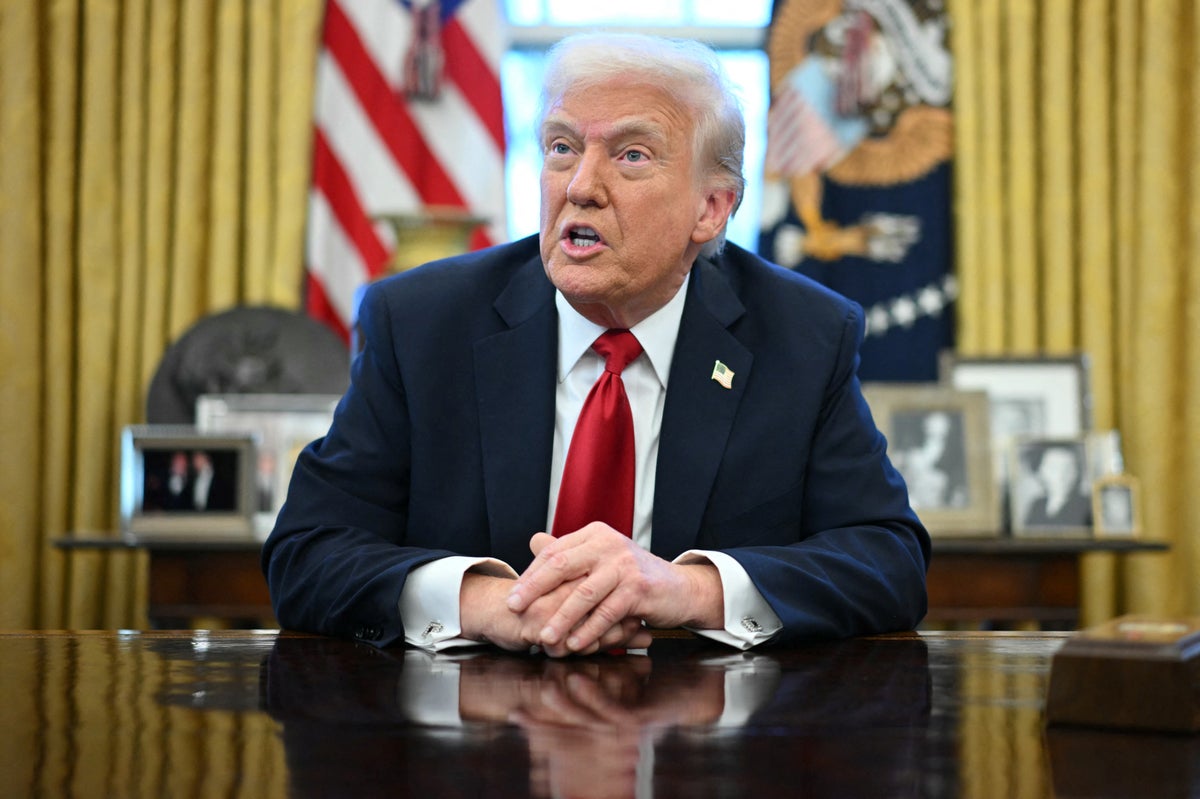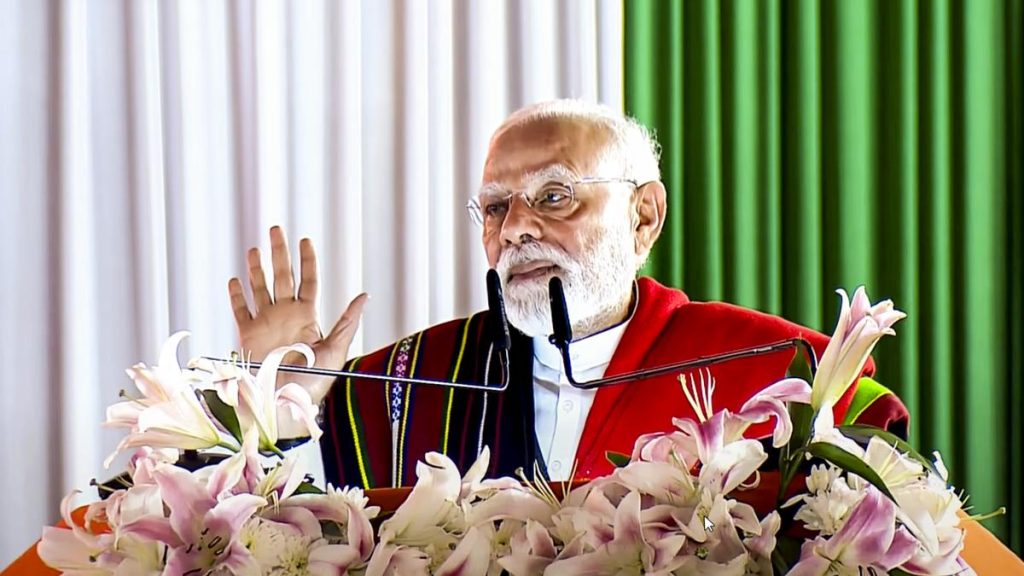Now Reading: Trump’s Tariffs Threaten Progress in Clean Energy Transition
-
01
Trump’s Tariffs Threaten Progress in Clean Energy Transition
Trump’s Tariffs Threaten Progress in Clean Energy Transition

Quick Summary
- President Donald Trump plans to announce new tariffs on a broad range of imported goods, part of his efforts to foster domestic manufacturing and reduce reliance on foreign supply chains.
- Tariffs already imposed under Trump’s management include 25% duties on Canadian/Mexican imports, automobiles, steel, and aluminum. These are expected to raise the cost of electricity, cars, fuel, and consumer goods.
- Analysts remain uncertain about long-term effects; some predict higher costs across energy industries while others see potential benefits for clean energy adoption in lower/middle-income countries seeking cheaper alternatives.
- U.S-based solar module production is growing but remains reliant on imported components; high tariffs could either incentivize local factories or disrupt affordability for consumers.
- energy manufacturers already face shortages of electrical components like transformers and circuit breakers – issues likely worsened by tariff-related supply chain disruptions.
Indian Opinion Analysis
Given India’s rising reliance on both domestic manufacturing and its role in global clean energy transitions (e.g., partnerships with Chinese solar panel makers), trump’s tariff policies hold implications for India’s economic strategy: they may reshape global markets where indian firms operate or source materials. disruptions in clean energy technologies globally could increase India’s operational costs as a buyer/importer but might also create export opportunities if it scales option technologies domestically.
India should stay watchful about ripple effects-especially regarding trade relations with the U.S., China, or nations adjusting their approaches toward tariff barriers amid intensified economic nationalism globally.



























